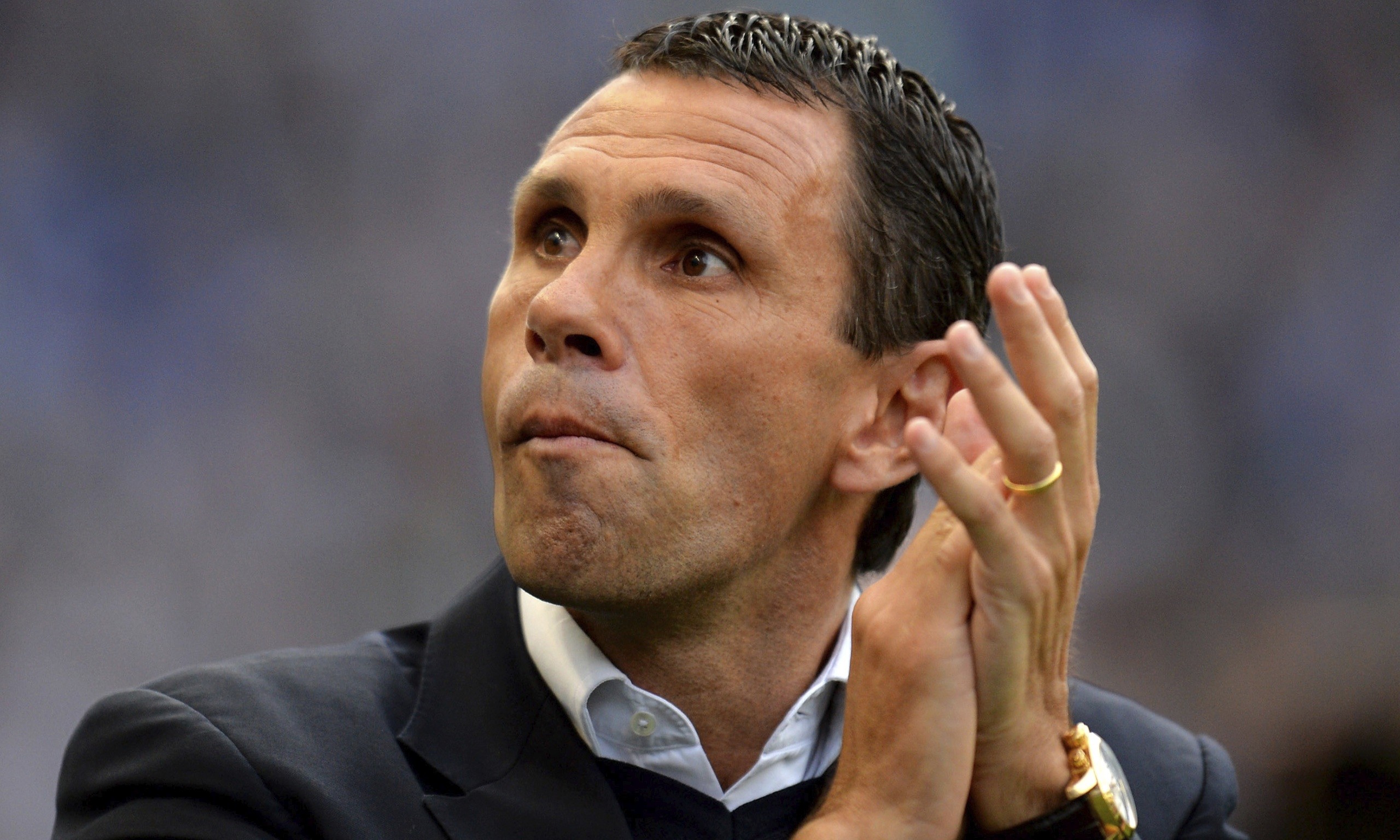
Introduction
Tony Bloom, the chairman of Brighton & Hove Albion, has become a pivotal figure in football, particularly in the English Premier League. His business acumen and passion for the sport have not only transformed Brighton’s fortunes but have also set a standard for club ownership in the modern era. As the football landscape continues to evolve, Bloom’s innovative strategies and commitment to the community remain incredibly relevant, making him a notable character in sports management.
Bloom’s Background and Rise to Prominence
Born in 1970, Tony Bloom is a successful businessman and a lifelong Brighton supporter. He originally made his mark in the world of gambling, establishing his betting company, Starlizard, which has provided him with the financial means to invest in his cherished football club. After acquiring a controlling interest in Brighton in 2009, Bloom guided the club through challenging periods, including avoiding relegation from the lower leagues and finally achieving promotion to the Premier League in 2017.
Transformational Leadership
Under Bloom’s stewardship, Brighton has implemented a data-driven approach akin to that seen at clubs like Liverpool and Brentford. His strategy focuses on analytics to recruit players, a relatively novel concept in the club’s history. This approach has proven beneficial, as Brighton is now recognised for discovering and nurturing talent effectively. The club’s impressive scouting network has unearthed gems, contributing to their success in the league.
Community Engagement and Initiatives
Beyond mere numbers and statistics, Bloom is known for his commitment to the community. He has profoundly influenced local initiatives, emphasizing the importance of social responsibility in football. Recent projects include increased investment in youth academies and outreach programmes designed to engage with the local population, showcasing his dedication to ensuring the club’s success aligns with the region’s wellbeing.
Recent Events and Future Outlook
As of 2023, Brighton’s performance in the Premier League has positioned them as a competitive side, continually challenging for European qualification. Speculation regarding Bloom’s ambitions for the club suggests that he aims to secure a consistent presence in Europe, further establishing Brighton as a formidable name in football. This outlook resonates with supporters and stakeholders, who are keen to witness how Bloom’s vision unfolds in the coming years.
Conclusion
Tony Bloom is not just an owner; he is a visionary determined to shape the future of Brighton & Hove Albion. His approach to club management, centered on innovation and community engagement, has already yielded remarkable results and is poised to do so in the future. As the football world eagerly awaits how his strategies play out, one thing is clear: Tony Bloom’s legacy at Brighton will be significant, influencing other clubs and inspiring the next generation of football enthusiasts.
You may also like

Michael Carrick: The Rise of a New Manager in Football

Wolves Manager: A Look at Recent Changes and Future Prospects

Gus Poyet’s Coaching Journey and Future Prospects
SEARCH
LAST NEWS
- Remembering Wendy Richard: The Promise to Co-Star Natalie Cassidy
- How Did Anglian Water Achieve an ‘Essentials’ Rating for Mental Health Accessibility?
- Shai Hope Leads West Indies in T20 World Cup Clash Against South Africa
- What We Know About Weston McKennie: Future at Juventus and Past at Leeds
- What We Know About the Upcoming Live Nation Antitrust Trial